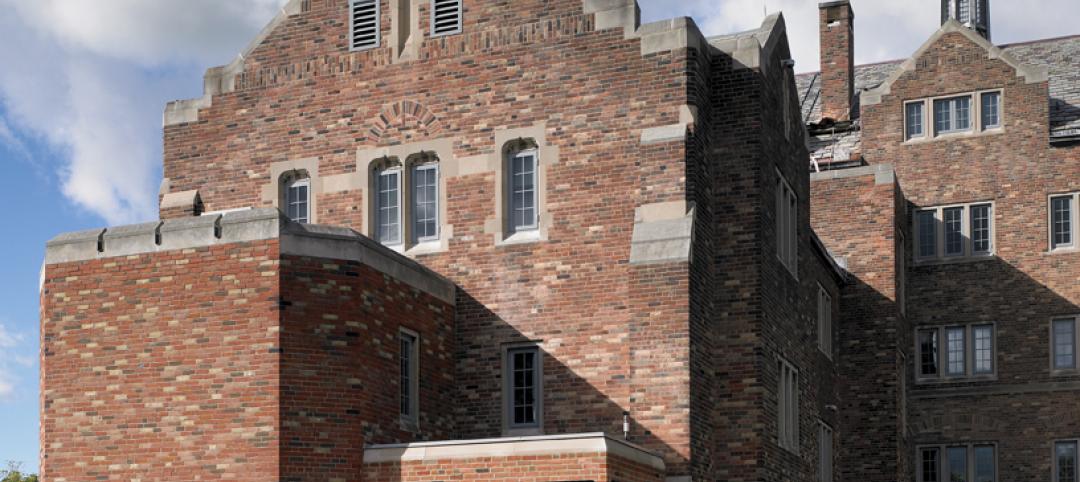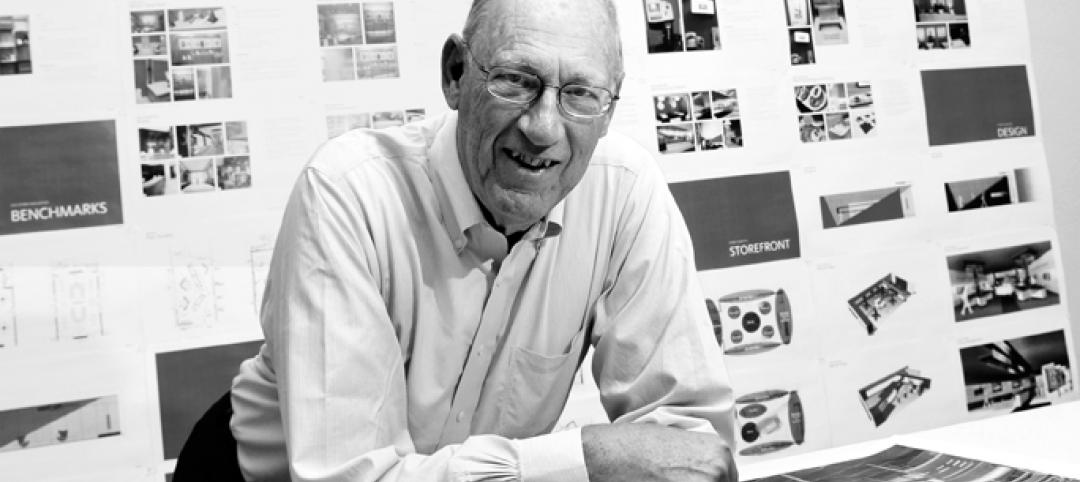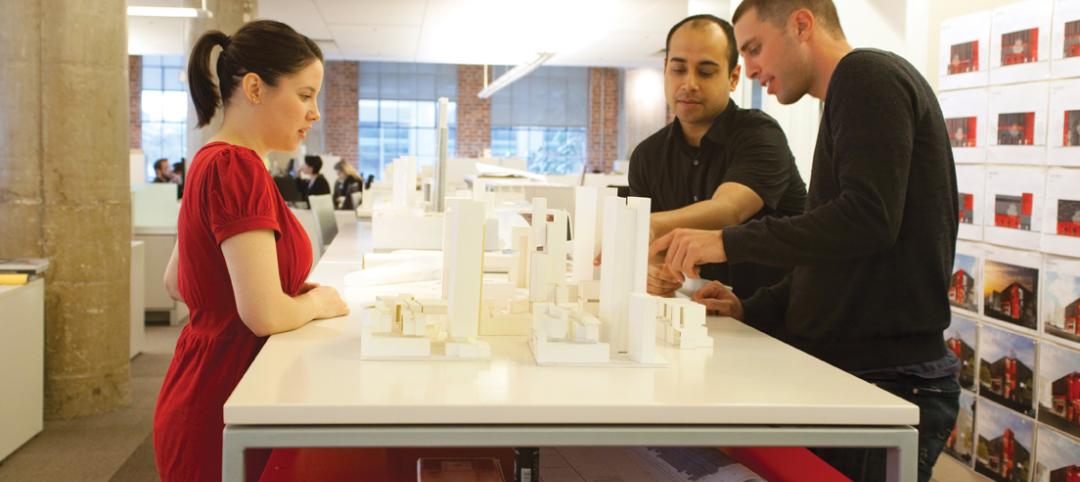The American Institute of Architects (AIA) and the Architects Foundation announced the signing of a memorandum of understanding with architecture firm HOK under which HOK will facilitate focus group activities in partnership with the AIA’s Design and Health Research Consortium, which works to advance university-led research in the area of design and health.
Under the agreement, the AIA and HOK will work with the consortium on its key priority: identifying and developing practice-focused opportunities for funded research, publications and tools in the area of design and public health.
The goal of the collaboration is to help members conduct research that can be translated into practice by architects and be beneficial to people.
“HOK is a bridge to the client community,” said Suzanna Kelley, FAIA, AIA’s Managing Director of Strategic Alliances and Initiatives. “This first collaboration with the private sector is designed to inform consortium members what their ultimate client – the public – needs from their groundbreaking basic research into how design can help improve public well-being.”
The new partnership will leverage HOK’s global network of architects and clients to support translation of existing research—and build the case for more practice-focused research going forward. Findings from the focus groups will be documented and used to help the Consortium universities direct their health research towards a more targeted, client-based approach. The goal of this new partnership is to help Consortium teams further understand how research can be used in architectural practice, and to further the conversation with the Consortium’s public health partners. Focus groups will occur for the next year, concluding in May of 2017.
“We look forward to facilitating focus groups for these institutions and our multidisciplinary design partners in architecture, interiors, landscape, planning and engineering—as well as our clients—in the effort to focus the next generation of research on this important issue,” said Anica Landreneau, Associate AIA, LEED AP, HOK’s director of sustainable design. “HOK and the AIA seek to promote the understanding and application of critical ideas, research outcomes and evidence that sustainable design truly will improve human health and wellness, in addition to ecological health.”
The focus groups will occur at or near the Consortium universities (full list can be found here). These meetings will document the findings of these important conversations. The partnership with HOK provides the AIA and the Foundation with a unique opportunity to engage a respected architectural firm with significant reach on a domestic and global scale. It also helps the AIA fulfill its primary mission of facilitating holistic, synchronous and multi-scale solutions that can empower its members to address a wide range of areas connecting design and public health.
The memorandum of understanding calls for the parties to document and summarize focus group feedback for a broader audience, including the Association of Collegiate Schools of Architecture (ACSA), Association of Schools and Programs of Public Health ASPPH the Consortium Network and participants. The agreement also calls for establishing a process for providing AIA Continuing Education for architect members at each focus group event.
Related Stories
| Jan 3, 2012
28th Annual Reconstruction Awards: Bringing Hope to Cancer Patients
A gothic-style structure is reconstructed into comfortable, modern patient residence facility for the American Cancer Society.
| Jan 3, 2012
Art Gensler: Still Making a Difference for Clients Every Day
After running what is today the largest architecture firm in the world for more than four decades, M. Arthur Gensler, Jr., FAIA, FIIDA, RIBA, is content to be just another employee at the firm that bears his name.
| Jan 3, 2012
Gensler: 'The One Firm Firm'
The giant architecture firm succeeds by giving each of its more than 3,000 employees the opportunity for career growth and professional leadership.
| Jan 3, 2012
Rental Renaissance, The Rebirth of the Apartment Market
Across much of the U.S., apartment rents are rising, vacancy rates are falling. In just about every major urban area, new multifamily rental projects and major renovations are coming online. It may be too soon to pronounce the rental market fully recovered, but the trend is promising.
| Dec 29, 2011
OSHA enforcing new fall hazard standards
OSHA is enforcing its new fall protection standards, as evidenced by a recent crackdown in New York.
| Dec 29, 2011
Decision not to fireproof the new World Trade Center Transportation Hub criticized
Some criticized the decision, reasoning that the structure could be a terrorist target.
| Dec 29, 2011
Seismic safety in question at thousands of California public schools
California regulators responsible for enforcing earthquake safety laws have failed to certify more than 16,000 construction projects in California public schools, increasing the risk that some projects may be unsafe, according to a state audit report.
| Dec 29, 2011
GreenWizard offers cloud-based LEED credit management, assessment
The company recently began offering companies the ability to run assessments for design credits, in addition to traditional product-specific LEED credits.
| Dec 27, 2011
Clayco awarded expansion of Washington University Data Center in St. Louis
Once completed, the new building addition will double the size of the data center which houses sophisticated computer networks that store massive amounts of genomic data used to identify the genetic origins of cancer and other diseases.
| Dec 27, 2011
Ground broken for adaptive reuse project
Located on the Garden State Parkway, the master-planned project initially includes the conversion of a 114-year-old, 365,000-square-foot, six-story warehouse building into 361 loft-style apartments, and the creation of a three-level parking facility.

















